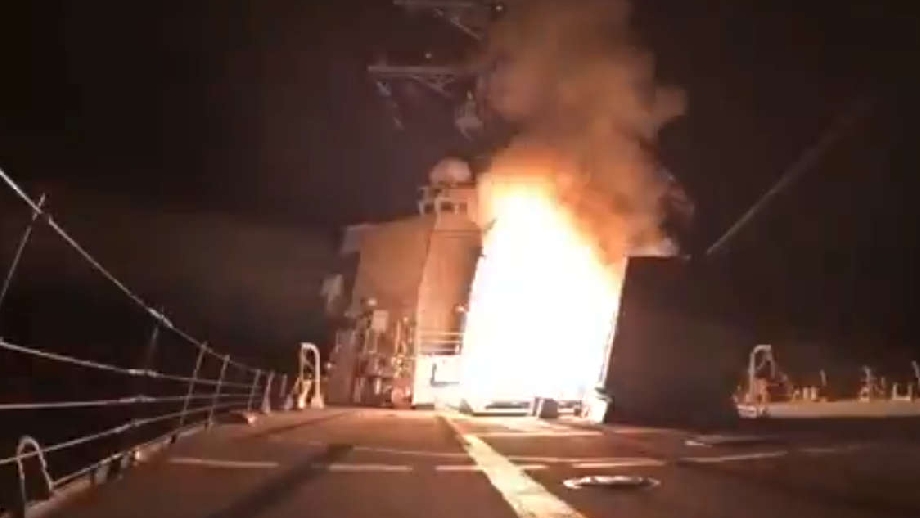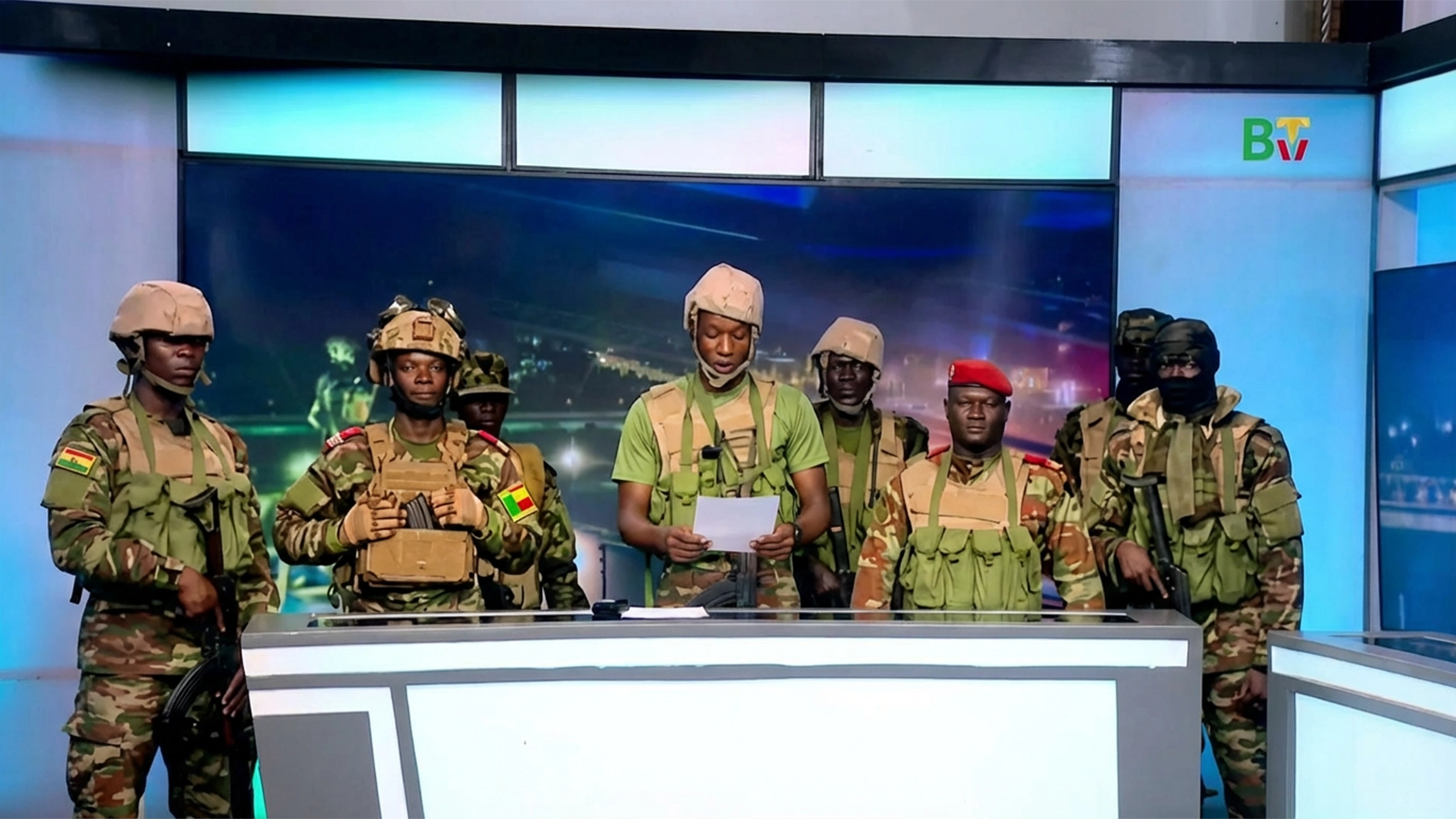As the Economic Community of West African States (ECOWAS) marks its 50th anniversary, the golden jubilee celebrations should go beyond fanfare and self-congratulation. It is a fitting moment for sober reflection on the ideals of economic integration, peace, and shared prosperity that inspired its creation, and on the daunting challenges that now threaten to unravel those dreams.
Established on May 28, 1975, ECOWAS was conceived as a bridge across the troubled waters of economic disunity, fragmentation, and post-colonial dependency. Fifteen nations—Nigeria, Benin Republic, Burkina Faso, Côte d’Ivoire, The Gambia, Ghana, Guinea, Guinea-Bissau, Liberia, Mali, Mauritania, Niger, Senegal, Sierra Leone, and Togo—came together to forge a new path for West Africa. Their shared aspiration was to build a region that would rise above the legacy of poverty and political instability that colonialism had left behind.
Five decades later, ECOWAS has evolved into one of Africa’s prominent regional blocs, with a track record of promoting peacekeeping, regional integration, and free movement of people and goods within the sub-region. Much of this success is owed to visionary leaders such as Nigeria’s former Head of State, General Yakubu Gowon, who championed the idea of West Africa’s unity at a time when the sub-region was fraught with political and economic uncertainty.
Among the notable achievements of ECOWAS are: introduction of visa-free travel within member states for up to 90 days, launching a biometric ID system to enhance mobility and reduce fraud, and establishment of the ECOWAS Trade Liberalization Scheme (ETLS) in 1979 to facilitate intra-regional trade. It also founded the ECOWAS Bank for Investment and Development, which has financed infrastructure and growth initiatives across the sub-region. The creation of the ECOWAS Court of Justice, the ECOWAS Parliament, and the West African Health Organization further demonstrates the bloc’s commitment to rule of law, governance, and public health.
ECOWAS’ peacekeeping arm, the ECOWAS Monitoring Group (ECOMOG), remains one of its most enduring legacies. From Liberia and Sierra Leone in the 1990s to The Gambia in 2017, ECOMOG’s interventions helped restore peace and democracy in countries torn apart by war or military dictatorship. These bold actions earned ECOWAS international recognition as a model for regional security cooperation in Africa.
Yet, for all its accomplishments, ECOWAS today stands at a crossroads. The rise of military coups across the region poses a serious threat to the bloc’s unity and credibility. The recent takeovers in Mali, Burkina Faso, Guinea, and Niger—and the withdrawal of three of the Sahel nations from ECOWAS—have left deep cracks in the organization’s foundation. Their exit, accompanied by fiery accusations of “inhumane” sanctions and double standards, has emboldened anti-ECOWAS sentiment and opened the door to new geopolitical realignments with foreign powers such as Russia and France.
The implications of this shift are profound. As some Sahel states drift toward alternative alliances, the region risks a dangerous fragmentation that could undermine decades of integration efforts. Meanwhile, terrorism and violent extremism continue to ravage parts of the sub-region, with groups like Boko Haram ravaging Nigeria and Al-Qaeda in the Islamic Maghreb, among others.
According to the 2024 Global Terrorism Index, sub-Saharan Africa—particularly the Sahel—has now become the global epicenter of terrorism. Mali is currently experiencing a marked escalation of violence, kidnappings, and infrastructure attacks which are severely disrupting daily life and civilian security.
The withdrawal of the Sahel states has also weakened coordination on counterterrorism operations, leaving borders more porous and millions displaced. ECOWAS’ peacekeeping resources are overstretched, and the root causes of extremism—poor governance, unemployment, and marginalisation—remain largely unaddressed.
Even within member states, progress toward economic integration has been uneven. Despite the free movement protocol, harassment of travelers and border closures persist. The long-promised ECOWAS single currency, the “Eco,” has suffered repeated delays due to lack of political will, and macroeconomic divergence. Intra-regional trade still lingers below 15%, far behind the European Union and other regional blocs.
Many citizens now view ECOWAS as a club of elite—out of touch with the grassroots struggles of ordinary West Africans. Unless the bloc reconnects with its people, its lofty declarations will ring hollow.
Going forward, ECOWAS must reinvent itself. It must not only act as a security watchdog but also as a catalyst for inclusive development. West Africa’s rapidly growing youth population is both a challenge and an opportunity. Harnessed effectively, it can drive agricultural innovation, industrialization, and technological progress. Ignored, it can fuel the very instability that threatens the region’s future.
As ECOWAS celebrates its golden jubilee, the time has come to re-imagine its purpose. The region needs a people-centered ECOWAS—rooted in good governance, shared prosperity, and peace. That is the true spirit of 1975, and that is the vision worth reviving today.






